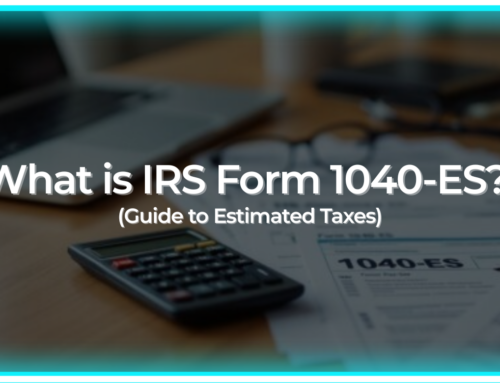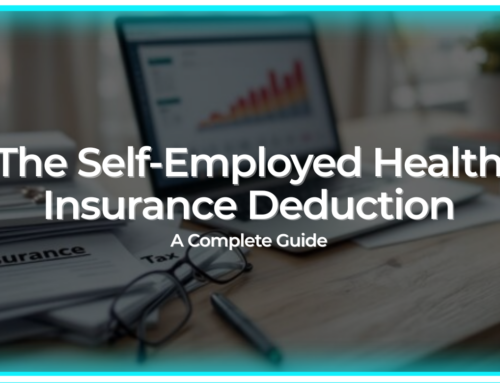Hi everyone, I’m Bette Hochberger, CPA, CGMA. As the tax season kicks off today, it’s important to stay informed about the latest updates from the Internal Revenue Service (IRS). The IRS is once again emphasizing the need for taxpayers to report all crypto related income when filing their 2023 federal income tax return, continuing the trend set in the 2022 tax season.
The Digital Asset Question
At the forefront of the tax forms, including Forms 1040, 1040-SR, and 1040-NR, there’s a digital asset question that taxpayers are required to answer. This year, the wording has been updated to ensure clarity, and the question has been extended to additional forms such as 1041, 1065, 1120, and 1120-S.
The Basic Question
The digital assets question varies based on the taxpayer’s entity type (individual, corporate, partnership, or estate and trust). In essence, it asks whether, at any point in 2023, the taxpayer received or disposed of a digital asset, be it through rewards, awards, payments, sales, exchanges, or other means.
Defining Digital Assets
The IRS broadly defines digital assets as digital representations of value recorded on a cryptographically secured, distributed ledger, or similar technology. This encompasses convertible virtual currency, crypto, stablecoins, and non-fungible tokens (NFTs).
Obligation for All Taxpayers
Regardless of whether a taxpayer engaged in digital asset transactions during 2023, everyone filing Forms 1040, 1040-SR, 1040-NR, 1041, 1065, 1120, 1120, and 1120S must respond to the digital asset question. It’s not limited to those directly involved in such transactions.
When to Answer “Yes”
Taxpayers should mark “Yes” if they received digital assets for services or property, obtained assets through mining, staking, or similar activities, received assets from a hard fork, disposed of digital assets for property or services, traded one digital asset for another, sold a digital asset, or disposed of any other financial interest in a digital asset.
Reporting Digital Asset Income
Those marking “Yes” are required to report all income related to their crypto transactions. This includes capital gains or losses from selling, exchanging, or transferring digital assets. Different forms, such as Form 8949 and Schedule D (Form 1040), are used depending on the nature of the transaction.
When to Answer “No”
Taxpayers who merely owned digital assets in 2023 without engaging in related transactions can mark “No.” This includes holding digital assets in a wallet or account, transferring assets between owned accounts, or purchasing digital assets using real currency.
As we take off on this tax season, it’s imperative to be aware of the IRS’s continued focus on digital asset reporting. Whether you actively participated in digital asset transactions or simply held them, compliance with the updated tax regulations is essential. Stay informed, answer the digital asset question accurately, and report your income diligently to ensure a smooth tax-filing experience in 2023.
Need help filing? Feel free to schedule a meeting with me, and I’d be happy to help.
As always, stay safe, and I will see you next time.







